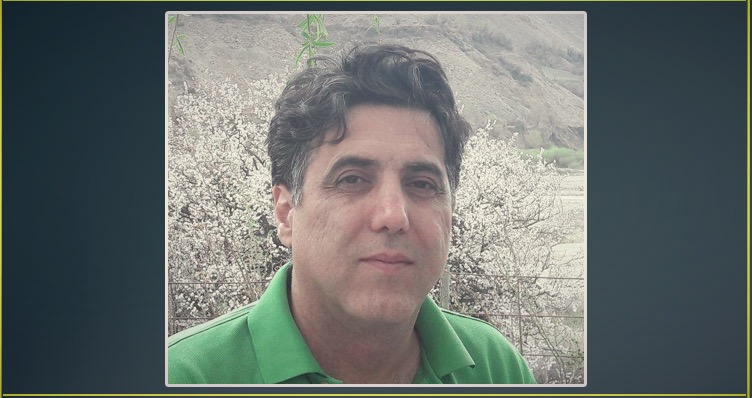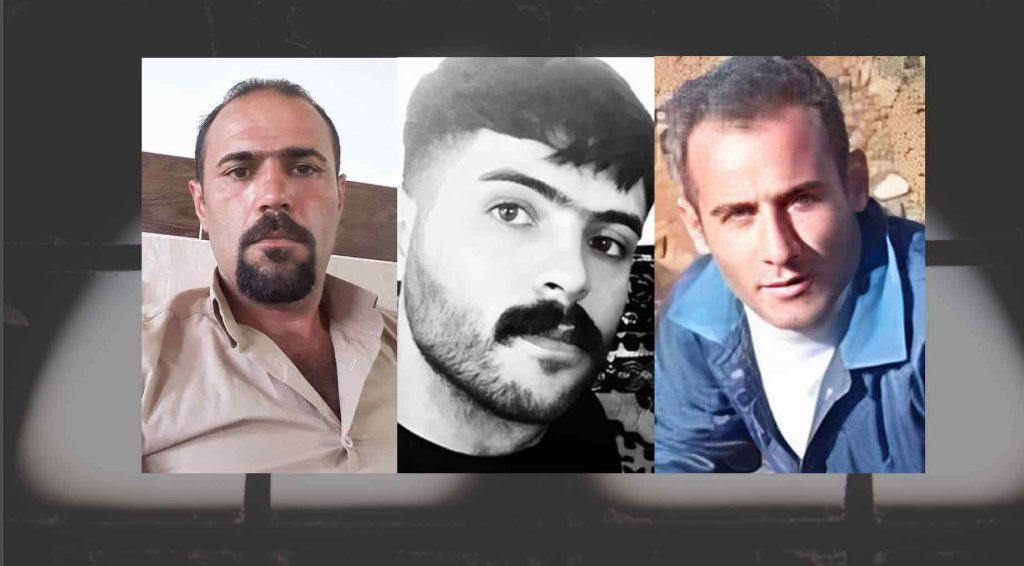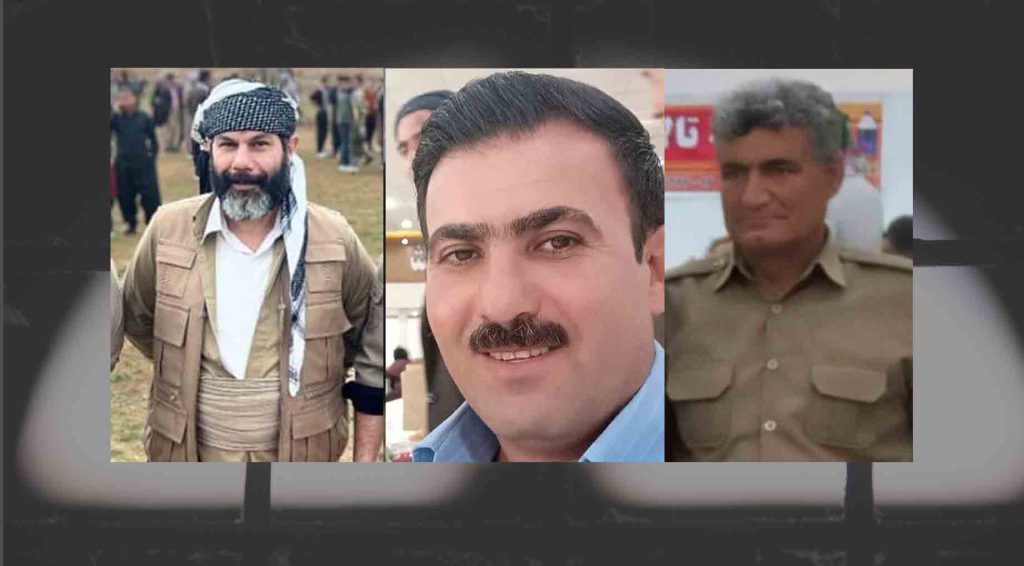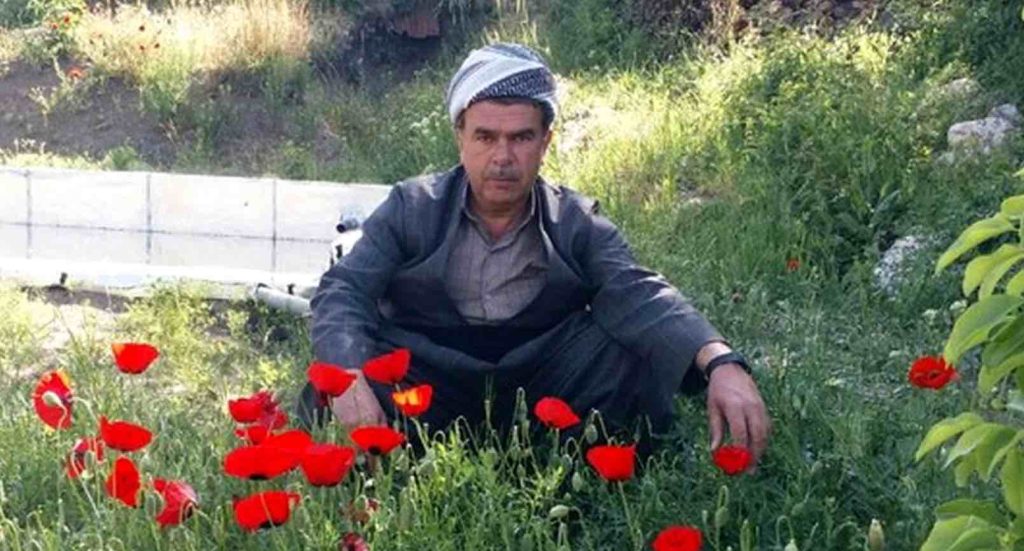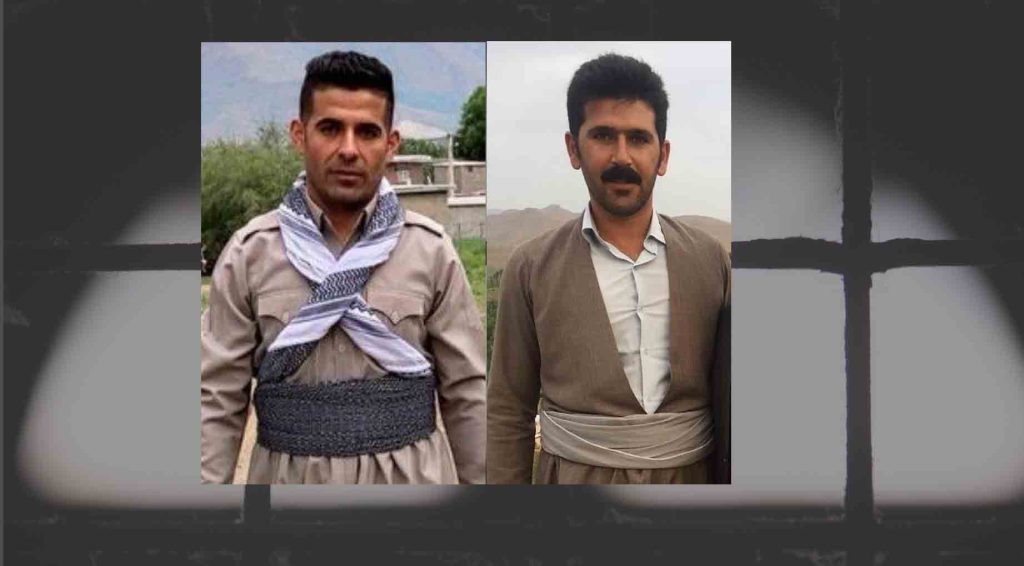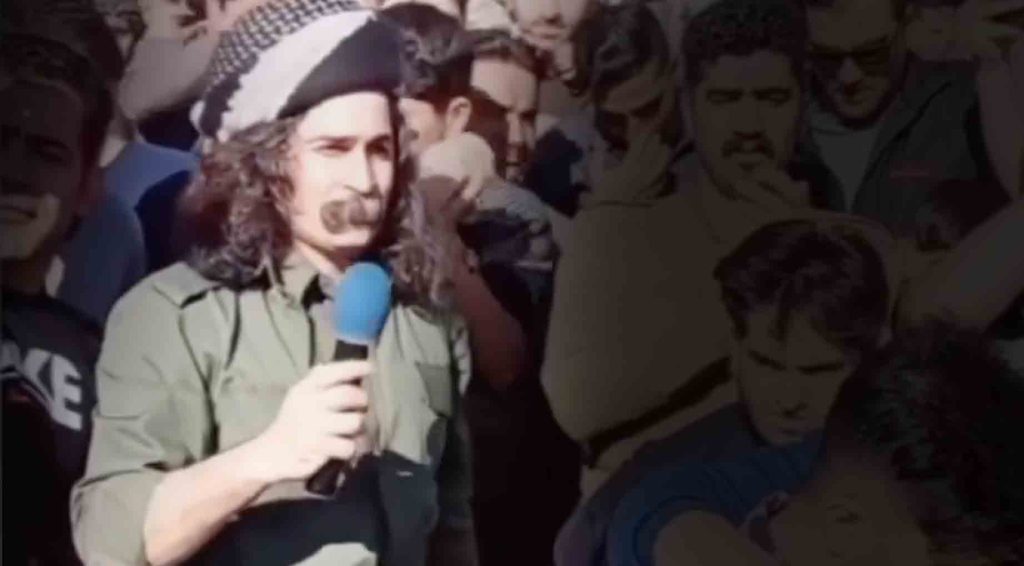The Intelligence Organisation of the Islamic Revolutionary Guard Corps (IRGC) summoned and detained Kamran Takouk, a poet and civil rights activist, in Kermanshah, western Iran, on 12 January.
“About two weeks ago, security officers went to Kamran Takouk’s house and confiscated his cell phone and some of his personal belongings. They asked him to go to the Nabi Akram Brigade base of the Intelligence Organisation of the IRGC in Kermanshah the next day. After he went there, the civil rights activist was interrogated for two hours about his activities”, a relative of the activist told the Kurdistan Human Rights Network (KHRN).
Stating that a similar process was repeated, the relative continued: “Yesterday, security agents once again went to Kamran Takouk’s house and, due to his absence, asked that he goes again to the office of the Intelligence Organisation of the IRGC the next day to personally receive his mobile phone and personal belongings.”
According to the source, Takouk was arrested and taken to the detention facility of the security institution at the Nabi Akram Brigade base in Kermanshah.
The office of the Intelligence Organisation of the IRGC in Kermanshah has told Takouk’s family that he would be in detention until the investigation is carried out and the case is sent to court.
Takouk was one of the signatories of an open letter from a group of civil rights and political activists in Iran to the UN Security Council calling for support for a “peaceful transition to a secular democratic constitution through a national referendum”.
A part of this open letter, which was published in April 2021, states:
“We, the signatories of the national solidarity movement for a secular democratic constitution in Iran, along with millions of Iranian citizens, in support of political, civic, dissident, women, and ethnic rights, ask the UN Security Council for support to the will of the Iranian people for a peaceful transition of power from the religious kleptocratic government of the Islamic Republic and its constitution to a secular democratic constitution through a national referendum.”

